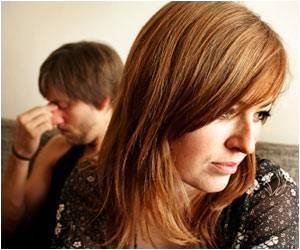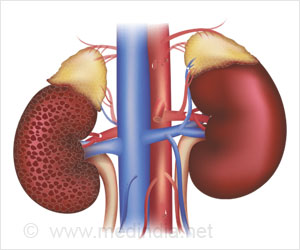Regrets are easier to deal with when we compare ourselves to those who are worse off, according to a new study from Concordia University.

"Our study examined how younger and older adults cope with life regrets," said lead author Isabelle Bauer.
"One common coping mechanism was through social comparisons, which can be both good and bad, depending on whether people think they can undo their regrets," she said.
"Generally if people compare themselves to those who are worse off, they're going to feel better. And when they compare themselves to people who are better off, it can make them feel worse," added Bauer, now a psychologist at the Sunnybrook Health Sciences Centre, Toronto.
Study participants who used downward social comparisons reported suffering fewer cold symptoms. Overall, they reported a positive effect on their emotional well-being over the months that followed.
"The emotional distress of regrets can trigger biological disregulation of the hormone and immune systems that makes people more vulnerable to develop clinical health problems - whether a cold or other potentially longer-term health problems," said senior author Carsten Wrosch, a professor in Concordia's Department of Psychology.
Advertisements
The participants were then asked to report how the severity of their own regrets compared to the regrets of other people their age.
Advertisements
"The effectiveness of coping mechanisms depended more on an individual's perceived ability to change their life regret than on their age," said Bauer.
"Moving on and being able to maintain good emotional well-being depends greatly on an individual's opportunity to correct the cause of their regrets," she added.
The study is published in the journal Personality and Social Psychology Bulletin.
Source-ANI








